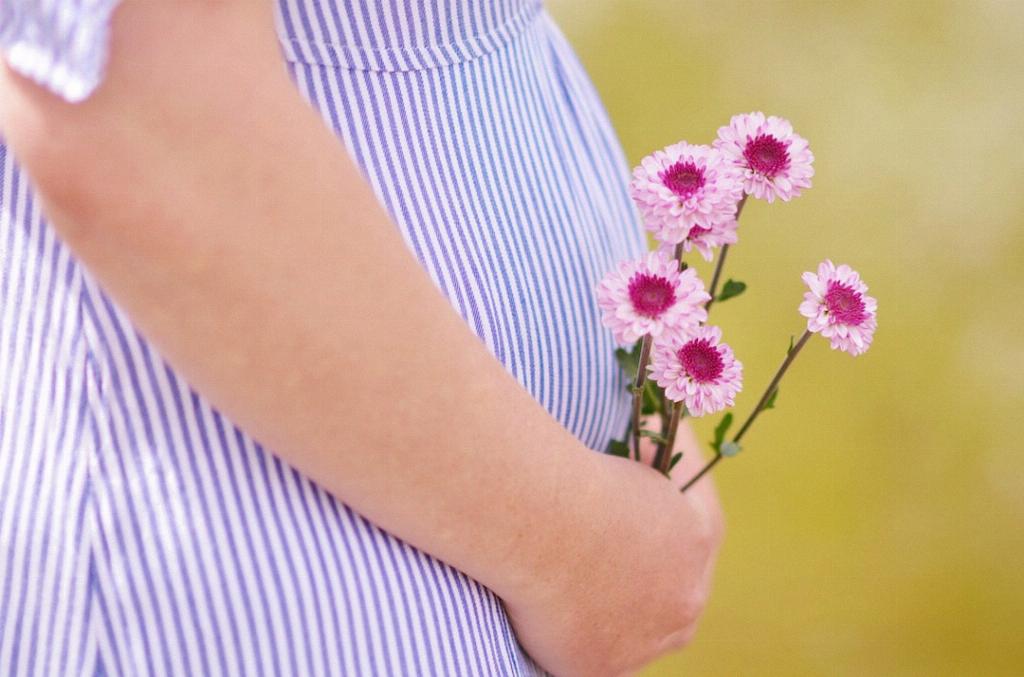Expectant fathers go through a whirlwind of emotions during pregnancy – it’s not just the mothers-to-be who experience the ups and downs. It’s important to recognize that men also undergo significant emotional changes during this period, sometimes leading to mood swings, anxiety, and depression.
One common emotion that expectant fathers may experience is a sense of overwhelming responsibility. As the reality of becoming a parent sets in, many men may feel the weight of providing for and protecting their growing family. This newfound role can be both exciting and daunting, leading to a mix of emotions.
On the flip side, expectant fathers may also feel a profound sense of joy and anticipation. The thought of welcoming a new life into the world and witnessing the miracle of birth can be incredibly uplifting. This excitement can help offset some of the anxieties and fears that come with impending fatherhood.
However, along with joy and excitement, expectant fathers may also experience feelings of insecurity and doubt. Questions about their ability to be a good parent, concerns about the impact of parenthood on their relationship, and worries about balancing work and family life can all contribute to a sense of unease.
Another common emotion among expectant fathers is a deep sense of love and connection. As they see their partner’s body change and feel the baby’s kicks, many men experience a powerful bond forming with their unborn child. This bond can be a source of strength and motivation as they prepare for fatherhood.
Expectant fathers may also grapple with feelings of isolation and loneliness. Pregnancy can be a time of intense focus on the mother and baby, leaving some men feeling left out or disconnected from the experience. Finding ways to stay involved and connected can help alleviate these feelings.
In addition to these emotions, expectant fathers may also experience a range of physical symptoms. Stress, lack of sleep, and changes in routine can all take a toll on their well-being, leading to fatigue, irritability, and other physical signs of emotional distress.
It’s important for expectant fathers to recognize and acknowledge their feelings, both positive and negative. Seeking support from friends, family, or a therapist can provide a safe space to process emotions and gain insight into the challenges of fatherhood.
Communication is key when it comes to supporting expectant fathers. Open and honest conversations with their partner about their emotions, fears, and hopes can help strengthen the bond between them and navigate the journey of pregnancy and parenthood together.
Ultimately, every expectant father’s experience is unique, and it’s essential to approach this time with compassion and understanding. By recognizing and validating their emotions, we can create a supportive environment where fathers can embrace the joys and challenges of welcoming a new life into the world.

